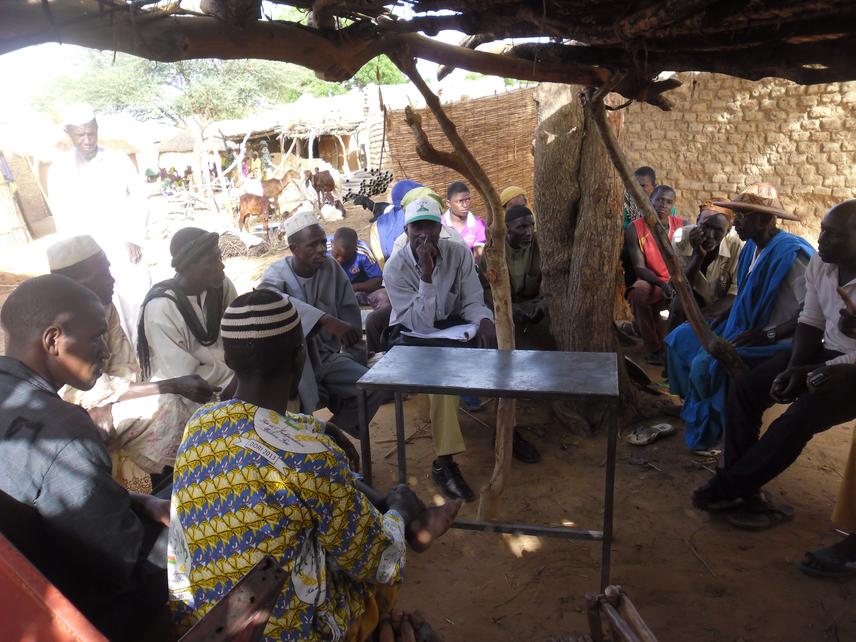Bayen Philippe
The proposal aims to encourage local population to conserve woody species in arid disturbed environments of West Africa.

Ethnobanical investigation on local species.
In the Sahel, woody plants provide services and goods that ensure continued existence of people and livestock throughout the long dry season when herbs and stored crops are lacking. During the recent years, many woody plants of Sahel zone have been endangered because of the increasing aridity and human pressure. They are declining due to (1) the overgrazing, overcutting and uprooting and (2) the increasing reduction of their habitats due to climatic aridity and agricultural pressure. High pressure on natural resources is mainly due to the poverty of rural populations bringing them to heavily rely on these resources for their livelihoods. Woody species provides to local populations products and services and can also promote the development of others species. That is why country with limited resources like Burkina Faso is more in need to preserve its resources in the face of increasing population. In Sahel zone, there is a clear need of sound scientific data and information on the woody plants to improve management strategies based on local knowledge. That is the way that leads to enhanced supply of products and services from these plants. Unfortunately, until now accurate information are limited on the threatened woody plants in Sahel zone of Burkina Faso limiting the development strategies for their conservation.
The conservation of useful woody species for population will be made through improved knowledge on the establishment, growth and survival capacities and on how these processes are affected by natural and anthropogenic factor. Understanding species resilience ability represents a fundamental step to improve the sustainable management of Sahelian woody species. This project will generate relevant data on the main woody species used in Sahel zone, seeds production by these species, local population ecological knowledge and perception of sustainable management of woody species in Sahel zone, woody species actual diversity, regeneration, abundance, distribution and structure of threatened species.
Dendrometrical measure of the main six (6) species used by local populations (DBH and tree height in order to assess their population structure, e.g. if they are stable, declining or increasing) will be conducted. With the results of this study, endangered and declining woody species will be identified and thereafter regeneration and restoration techniques of these species will be developed for improved livelihoods of local people.